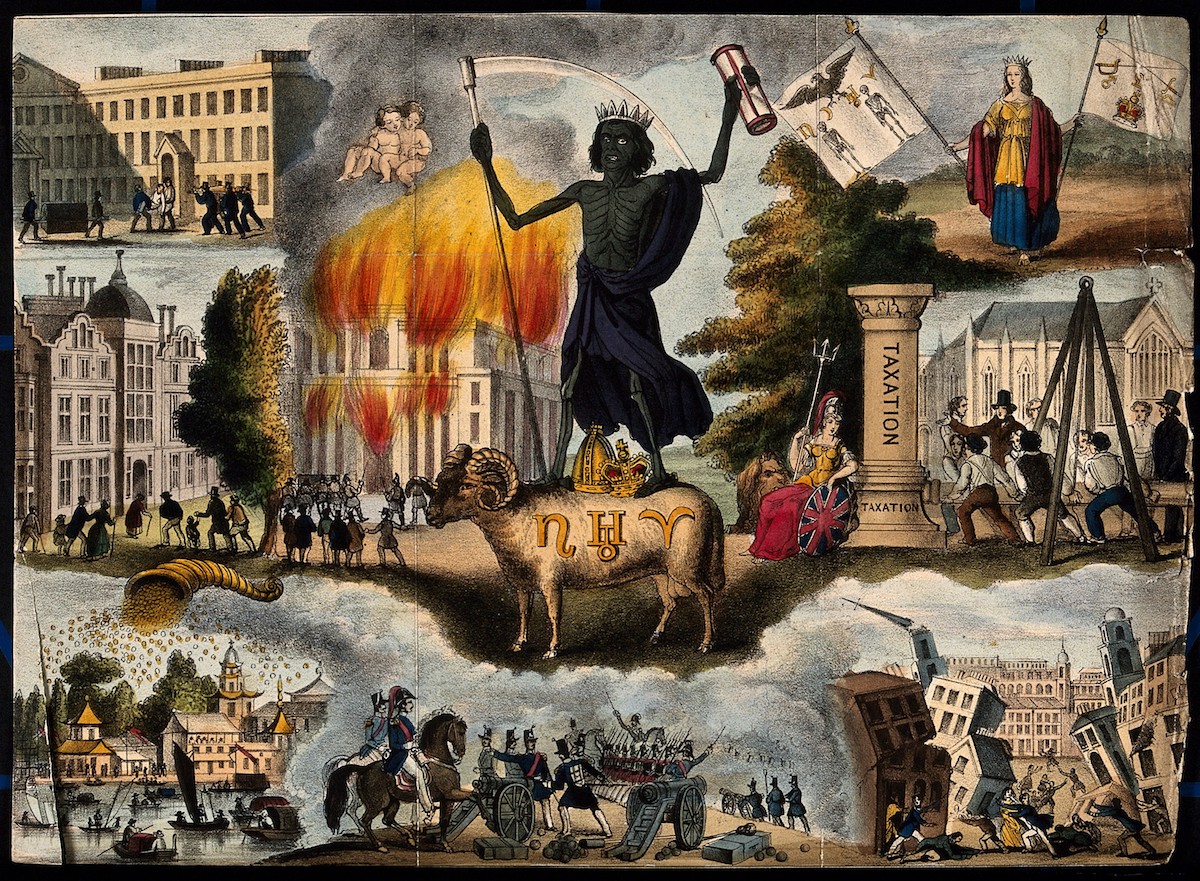The X-Files is an insanely uneven work. Several episodes of the original run make me feel like I am touching God. Several episodes of the original run make me feel like God is pulling my eyeballs out and beating me about the head and feet with them. I don’t talk about the reboot run.
The X-Files movies are not uneven. They are both bad. Truly bad, like extra-long, extra-meandering, extra-dumb episodes of the show. Not as bad as the episodes of the show that William Gibson wrote, but still bad. Every so often, however, I come across a movie that’s smoking that shit that made Chris Carter crazy, and that’s doing it in a good way. I like to pretend those are the X-Files movies and that the real ones never happened to me.
What are the criteria for a good X-Files movie? First and most important, it must have an oppressive paranoid air. A conspiracy is ideal. Every moment must be heavy with anxiety and danger. Secondly, it must have some intention of witnessing the horror at the heart of the American project. This can be metaphorical or theoretical, but it can also be a direct confrontation with American history or the American present. Thirdly, it has to go beyond just making sense. As any seasoned X-Files viewer knows, the show makes no damn sense, especially in its best episodes. I’d argue The X-Files is better interpreted in the same fashion as religious narratives. The literal events are less important than the spiritual or emotional narrative related through the strange and fantastical events depicted therein.
I think the best two X-Files movies are Brian de Palma’s Blow Out and Todd Haynes’ Dark Waters.
Blow Out
Blow Out is a 1981 thriller movie, heavily coated in the lingering 1970s. John Travolta is a B-movie sound man who witnesses a strange car accident involving a prominent politician. After rescuing the woman who was in the car with the now-dead politician, Travolta’s character becomes a target of the clean-up efforts of a dangerous assassin who may be working for the government.
If you like answers, don’t watch Blow Out. Also, stop watching The X-Files: you’re going to be disappointed. The conspiracy is not uncovered, or even explained in Blow Out. We know that someone made a move on this politician, whose poll numbers threatened the sitting president as a primary approached. We know that they covered it up by making it look like an accident caused by a blow out on a car tire. We know that the assassin who did all this, played with a horrendous icy menace by a distressingly youthful John Lithgow, is going to kill anyone who threatens to reveal his villainous activities. So that’s the conspiracy, the paranoia, and, with the lack of revelations, the stop-making-sense. Where’s the ills of America?
This movie came out before most people I know were born, so I’m going to tell you about the ending. If that prospect distresses you, skip this next paragraph.
De Palma’s direction is what brings it all home during the film’s tremendous climax at the Liberty Bell anniversary celebration on the Philadelphia waterfront. Our hero has unknowingly sent the woman he saved, played beautifully by Nancy Allen as a sweet yet streetwise ingenue-type, into the jaws of the rapacious, garotte-toting Lithgow. Lithgow’s character hauls her up before a vast American flag, and beneath the fireworks kills her, brutally. Travolta’s character arrives moments too late, in time to kill the assassin, but not to save his victim. All around the triumphal celebrations of a nation built on violent victories go on, and those who die to make way for that triumph are snuffed out. All we have left at the end of the movie is the woman’s dying scream, used and abused for a B-movie sound effect while her real self falls away.
Little people get turned to meat to preserve big people’s power. Good thing that doesn’t feel familiar at all.
Dark Waters
Dark Waters is my other premiere X-Files movie. A 2019 based-on-a-true-story thriller, Dark Waters is scarier than the scariest episode of X-Files for the reason of being true. The whole world has actually been tainted by unnatural carbon chains developed by the DuPont Chemical Company. They’re in you and me and every person and animal you know, and they will be lingering here long after we’re all dead.
The paranoid air of the film is so oppressive that a zoom on a teflon-coated frying pan is legitimately terrifying. And the view on the violence and horror of the American project is unflinching. Todd Haynes exerts the full force of his mastery of mise-en-scene to present a chilling set of contrasts between the secure redoubts of wealthy DuPont lawyers and the poor, vulnerable, profoundly poisoned people of West Virginia, whose case is taken up by class traitor lawyer Rob Bilott. Bilott is radicalized when he witnesses the tremendous disgusting toll of DuPont’s experiments on people who have no recourse and no resources. He spends more than a decade fighting for the smallest shred of recognition and restitution for DuPont’s victims. In the end, stress nearly kills him and the settlement he secures is paltry compared to DuPont’s profits and he goes back in to keep fighting. But the real bad guys have already gotten away with it. They always will. They’re rich and this is America.
You might now be wondering: where is the ineffable? Something higher than the literal? Dark Waters is modeled on a real man’s real life. It doesn’t get more literal than that. Nothing makes more sense than that.
1) FALSE – real life makes the least sense of all.
2) There is more to real life than the literal. Todd Haynes beautifully deploys the Catholic faith of Rob Bilott and his family throughout Dark Waters to describe and explain Bilott’s resolve to see justice done for the most vulnerable. His commitment to his path, through absolute mortification of the mind and spirit, is what wins the film’s final, perhaps paltry, victories.
But Haynes pushes beyond the spiritual into a kind of deeper well of miracle by featuring, as the viewer discovers during the end credits, the actual victims of DuPont’s poisoning in the film itself. Multiple real figures, including Rob Bilott and members of the families he represented in court, cameo. The most stunning is a man whose congenital facial differences were caused by DuPont experimenting on his pregnant mother, and who plays himself as an adult.
This is where the mysteries of faith and reality intersect in the film. At a moment of absolute despair for Bilott, he stops for gas in West Virginia and encounters a man with a notable facial difference. His unique appearance is immediately recognizable to Bilott, who submitted the man’s baby pictures – part of a secret DuPont file – as evidence of the company’s crimes. In that moment, Bilott is reminded of the urgency and significance of his work – he sees exactly the right person at the right time: the person who is most owed by DuPont. And we see that person, and it is really him. It is a real person whose actual body is a living testament to the blithe villainy of the DuPont Chemical corporation.
Stopped Making Sense
A lot of people think they’re really living in The X-Files because they think that the government is a secret cabal for eating babies. They choose to deal with their beliefs by basically jerking off online all day and night to the idea of government officials getting sent to Gitmo. This is because they misunderstand what both art and religion are for, and consequently have allowed themselves to be possessed by evil QAnon spirits.
The conspiracy in The X-Files doesn’t make sense because it is a device for holding the evils of America, which don’t make sense because there’s no big conspiracy tying the whole thing together. There’s a bunch of smaller conspiracies, piling up inside DuPont Chemical or the CIA or Blackwater, conspiracies that all amount to the same goals: “Get us richer; get them poorer – get us power, no matter the cost.” Those heaving teeming thousands of little sellouts have mortgaged the whole world and everyone on it for just a few billion more dollars.
Mulder can’t solve the conspiracy because the heart of it – his grief over his sister’s disappearance at the hands of the government he and his father serve – is unresolvable. He will be sad forever. The protagonists of Blow Out can’t get to the bottom of the conspiracy because they’re so small and so disposable that they can’t even defend themselves from a man with a cool murder watch. Rob Bilott could see the whole picture of DuPont’s crimes but never get at the real criminals, never punish them in a way that truly mattered.
But he keeps fighting because he’s seen the truth about DuPont’s cruelty.
The only other option is to pretend to have seen nothing at all.

